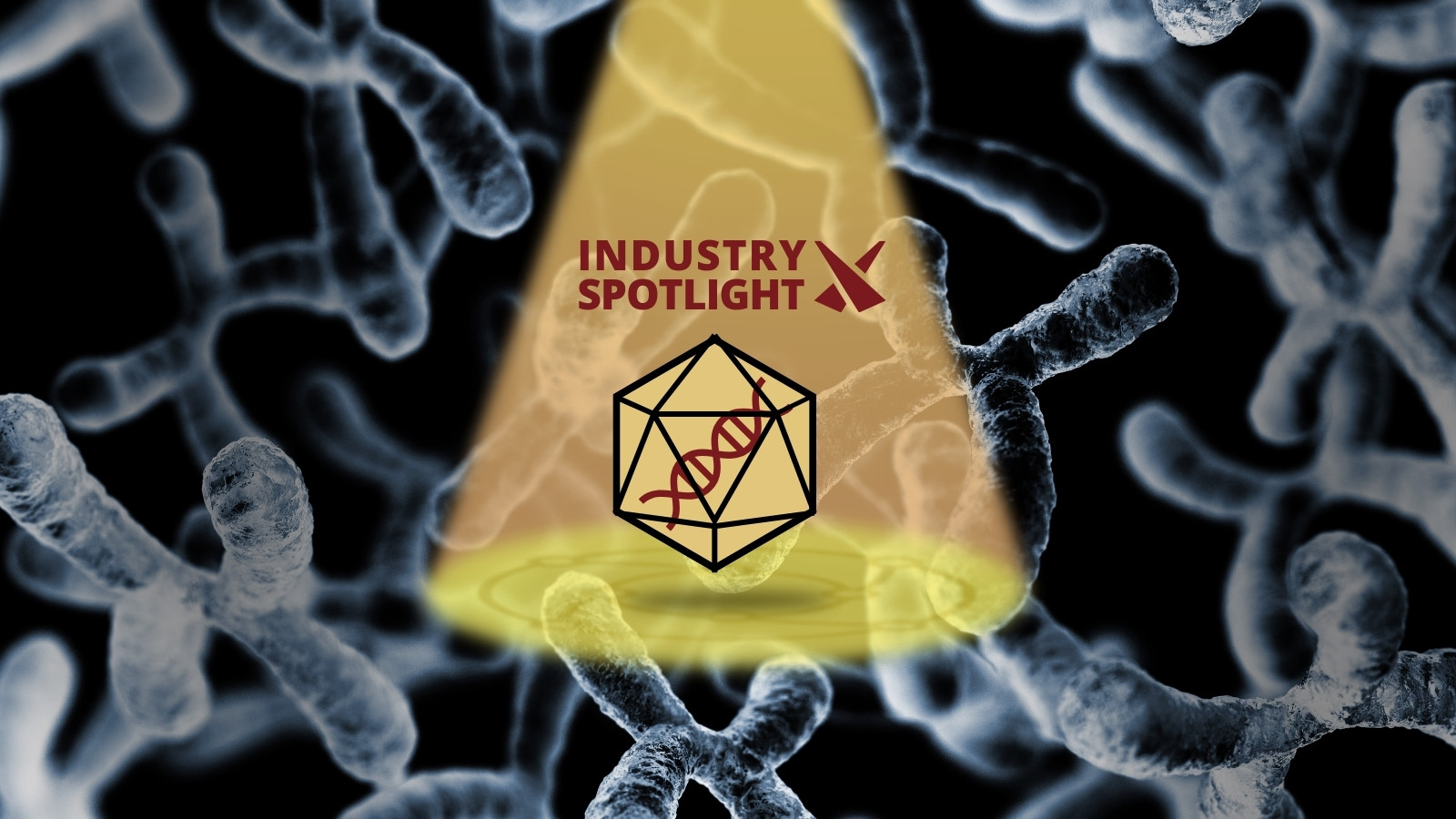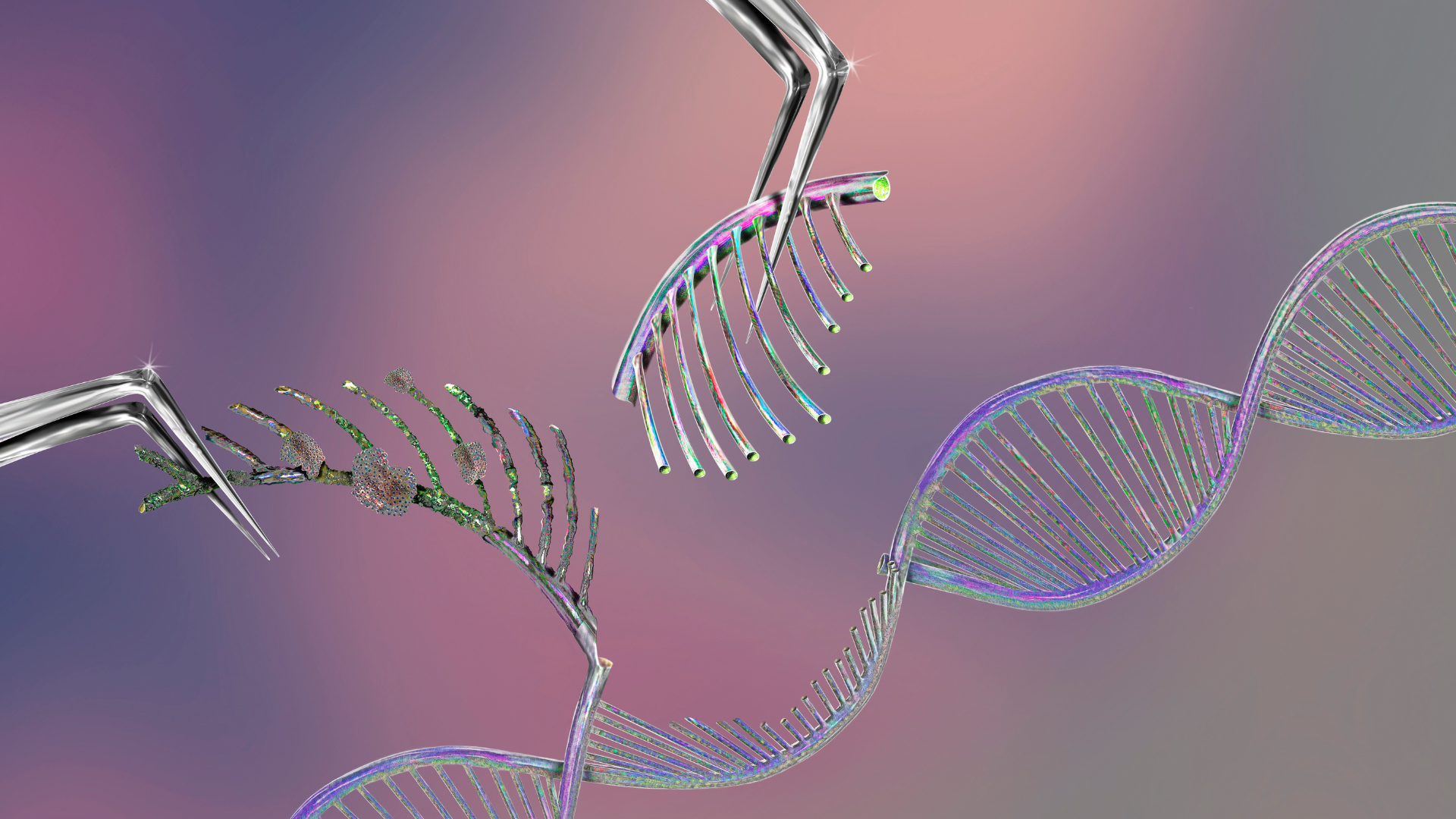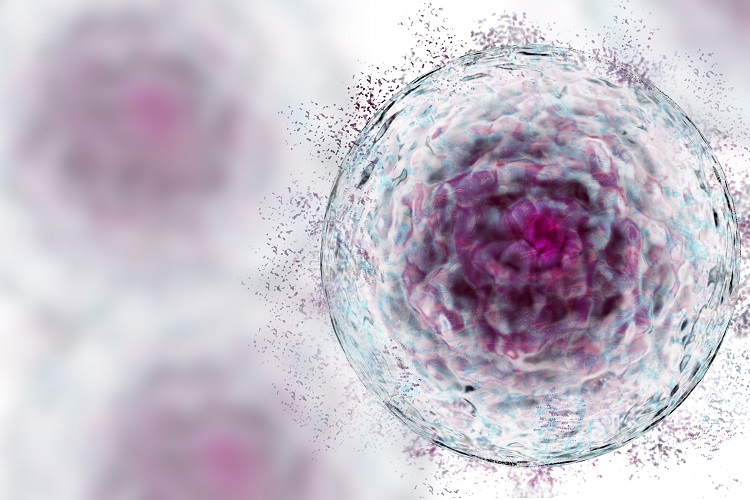University of Pennsylvania and FAST to Develop AAV Gene Therapy for Angelman Syndrome

The University of Pennsylvania has entered into an exclusive partnership with The Foundation for Angelman Syndrome Therapeutics (FAST) to develop an investigational gene therapy to treat Angelman syndrome (AS).
Collaboration between FAST and UPenn goes back as far as 2017. Since then, the foundation has funded preclinical research at the university’s Gene Therapy Program to develop adeno-associated virus (AAV) AS gene therapies targeting the central nervous system (CNS).
“Our collaboration with the team at FAST, and the entire Angelman syndrome community, has been incredibly productive and rewarding, since its inception,” said Jim Wilson, director of the Gene Therapy Program at the University of Pennsylvania, in a press release.
RELATED:
- Targeting Novel E3 Ubiquitin Ligases: Carles Galdeano, Professor, University of Barcelona
- Challenges in Translational Approaches and Biomarkers in Neurodegeneration
- Investigating Target Identification and Validation Modelling in Neurodegenerative Disease
The preclinical research conducted at UPenn has now garnered enough preclinical data to get a human candidate ready for the clinic. First-in-human clinical trials can begin once the drug has completed IND (investigational new drug)-enabling studies.
Allyson Berent, Chief Science Officer at FAST said: “We have been working toward this ‘go or no-go decision’ since 2017. To see the promising results of this robust preclinical data package, based on research that FAST has been so diligently funding for years, is incredibly gratifying.”
What is Angelman Syndrome?
Angelman syndrome is a nondegenerative neurogenetic disorder which is caused by a genetic variation on chromosome 15. This difference means that those affected are unable to produce enough of an enzyme called UBE3A (ubiquitin-protein ligase E3A), which assists in the natural degradation of proteins by the body. As a result, those inflicted have problems with motor function, speech, disordered sleeping, and often suffer from seizures.
The disorder affects as many as 500,000 people world-wide, and there is currently no cure – only ways to mitigate pain and seizures. Although people with Angelman syndrome have an average life-expectancy, they will need specialist support and care for their whole life due to the challenges that their symptoms pose to independent living.
AAV Gene Therapy
Adeno-associated viruses (AAVs) are specialised viruses that can be modified to deliver specific strands of DNA into target cells. On 6 December 2023, the Pennsylvania team revealed that their investigations into the use of AAVs in non-human primates could achieve wanted expression and were “unlikely to cause cancer mutations.”
In a press release, Penn Medicine said: “The two new studies, both published today in Nature Biotechnology and Human Gene Therapy, amount to the most comprehensive exploration of AAV chromosomal integrations in primates to date and carry important implications for the safety profile and long-term efficacy of AAV-based gene therapies.”
A Promising Outlook
As well as stoking optimism for people affected by AS, the collaboration has certainly raised hopes for the discovery and development of new therapies of this type.
“Our two teams have been both mission and data driven, working closely together to reach this critical inflection point, and FAST and GTP have made an instrumental decision on a promising human clinical candidate to further advance this gene therapy forward quickly and safely for the potential treatment of Angelman syndrome,” commented Wilson.
Research into rare diseases can often have trouble receiving both attention and funding, especially rare genetic diseases. However, the collaboration represents a break from this struggle. Berent added:
“Too many companies over the past year have been shifting their priorities in the rare disease space, but the priority for FAST will never change. It is our job to ensure that excellent science is always advanced as safely and efficiently as possible, and that we seize every opportunity to potentially benefit those living with Angelman syndrome.”
Join and network with over 450 industry discovery biology and chemistry leaders at the renowned Drug Discovery Summit in Basel, where they address critical strategies in target identification, validation
and HIT optimisation of small and large molecule drugs.






.png)
